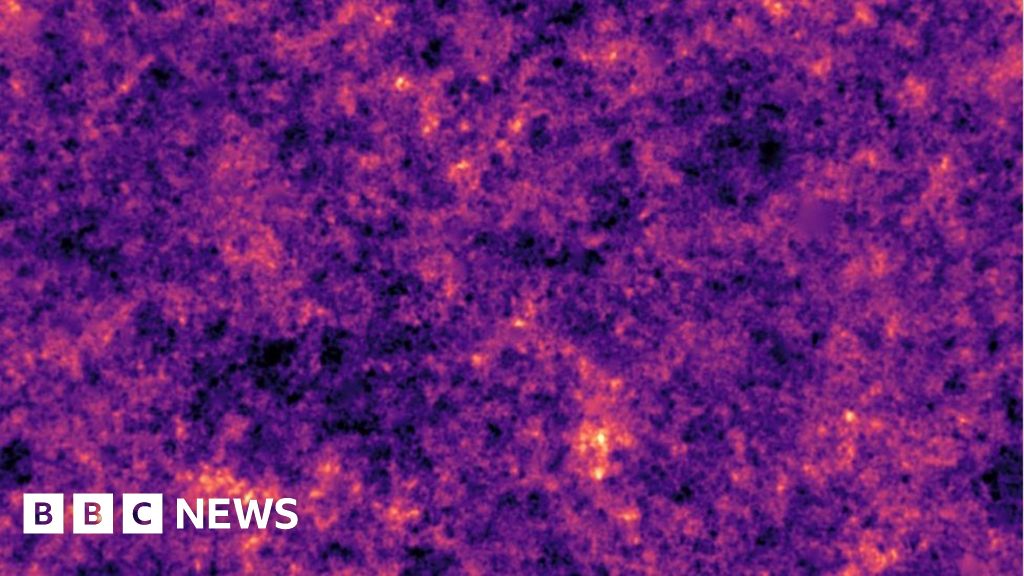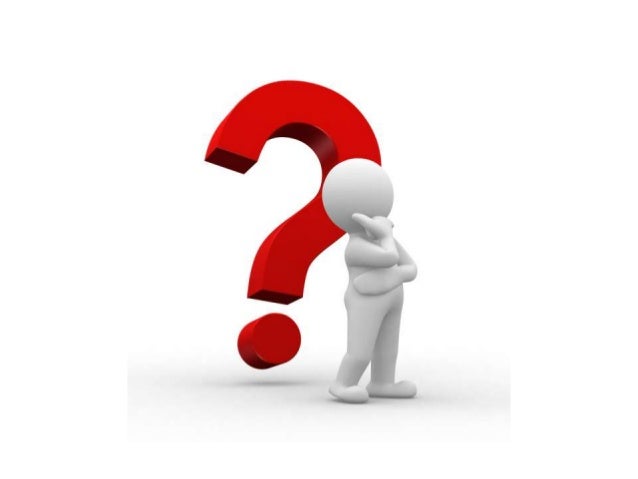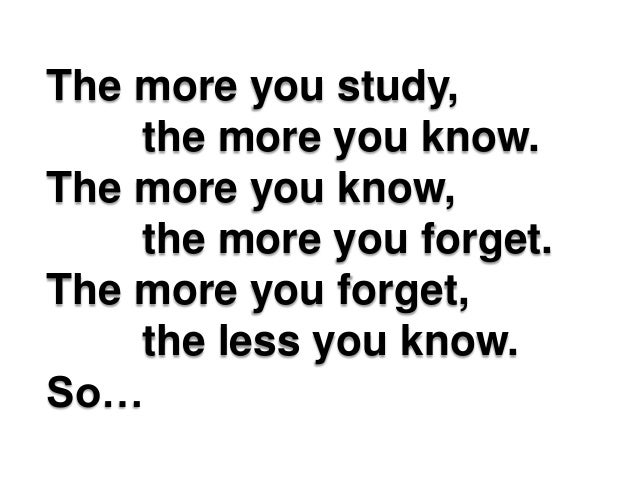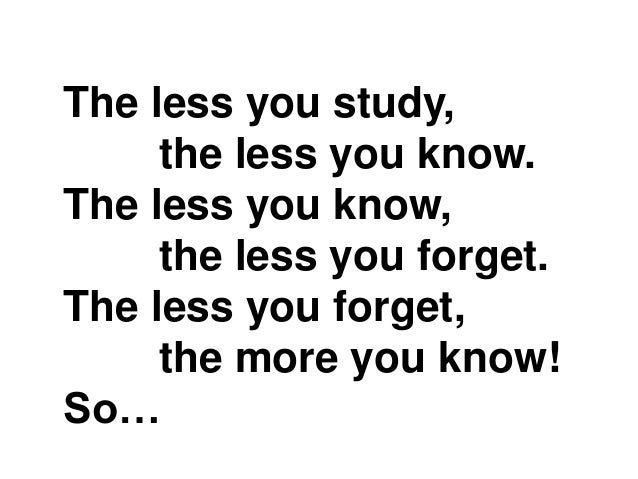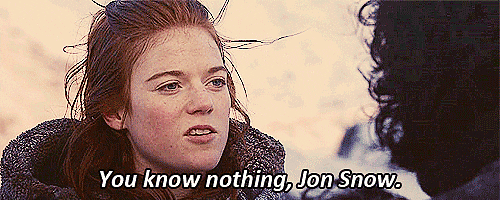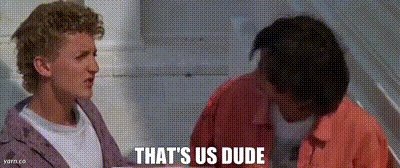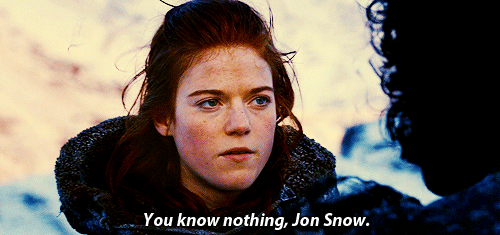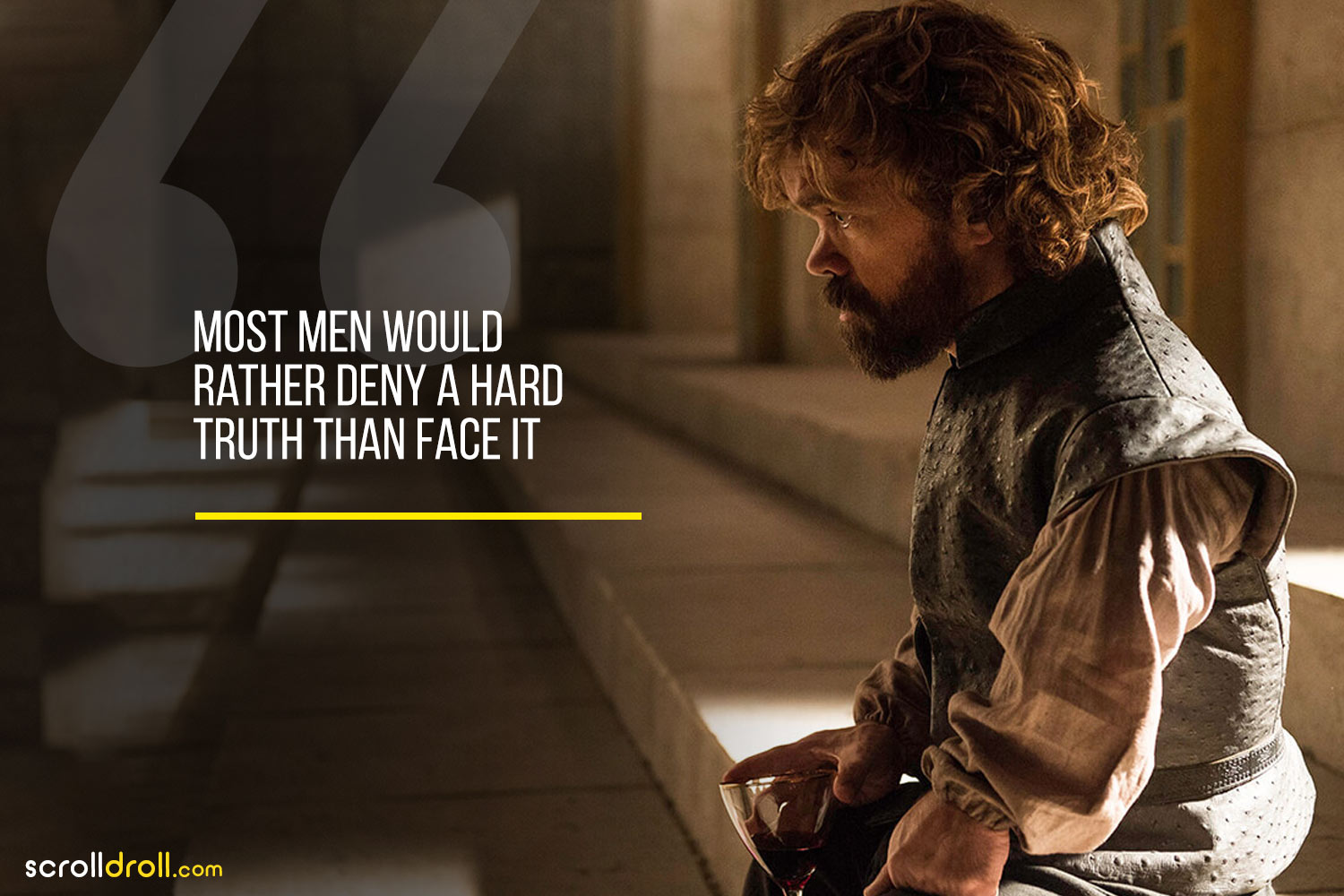Societies are currently being overwhelmed with information from many sources, some of it valid, some of it misinformation, and some of it disinformation deigned to deceive and manipulate people into acting in the purveyor of the disinformation's interest. The key is to have the critical thinking skills to evaluate the information.
critical thinking
noun
the process of analysing information in order to make a logical decision about the extent to which you believe something to be true or false
https://www.oxfordlearnersdictionaries.com/us/definition/english/critical-thinking
Finland’s secret weapon in the fight against disinformation: its kindergarten children
Finland ranks best in Europe for fighting disinformation, spurred on by attacks from their Russian neighbour
Harriet Barber16 February 2021
Finland recently topped a European annual index measuring resistance to misinformation and disinformation – the United Kingdom came in 12th – and the country puts its success down to
targeting its children.
In 2014 the government embedded media literacy – which has been practised since the ‘70s – into the curriculum, teaching children from the age of six to read sources critically.
Teachers encourage children to evaluate and fact check websites, ask students to hunt for dubious news and find its source, and demonstrate how easy it is for statistics to be manipulated. It’s taught across all disciplines. In art children might see how images can be digitally altered; in history propaganda campaigns are analysed; and in science vaccine disinformation is put to the test.
But Finland has more reason than most to target disinformation. In 2014, when neighbouring Russia annexed Crimea, it began looking nervously at its noisy neighbour. Jussi Toivanen, chief communication specialist at the Finnish prime minister's office, says: “After the illegal annexation of Crimea by Russia in 2014, we saw an increased disinformation activity targeted at Finland. For example, attempts to rewrite our history and persecution of journalists and researchers who covered Russia critically.”
He says that in recent years there have been efforts to erode trust in society, democracy and its institutions, such as the media and the elections. Finland declared independence from Russia in 1917.
Minna Harmanen, counsellor for education and a former teacher, says that with increasing use of the internet and social media there’s a need for a more “profound literacy”.
Her feelings on the topic are strong: “Propaganda, misinformation and ‘fake news’ have the potential to polarise public opinion, promote violent extremism and hate speech and ultimately, to undermine democracies and reduce trust in the democratic processes.”
Ms Harmanen says that Finnish schools have a tradition of analysing current affairs and using contemporary sources, such as news reports. They’ll run mock debates and write essays on how those debates went.
One activity asks students to find how the media in one country portrays people living in another, and what to believe from the coverage. Another asks children to identify their “social media bubble”, discuss how it affects attitudes towards people with differing opinions, and teaches them how to burst it.
The principles taught are followed throughout a child’s education. “Teaching and learning about media literacy and critical thinking is a life-long journey. It starts at kindergartens and continues at elementary schools, high schools and universities,” Mr Toivanen says.
Even then, critical thinking education doesn’t end. Since 2016, more than 10,000 civil servants, journalists and NGOs have trained in building resilience to disinformation.
https://www.telegraph.co.uk/global-...-weapon-fight-against-fake-news-kindergarten/

